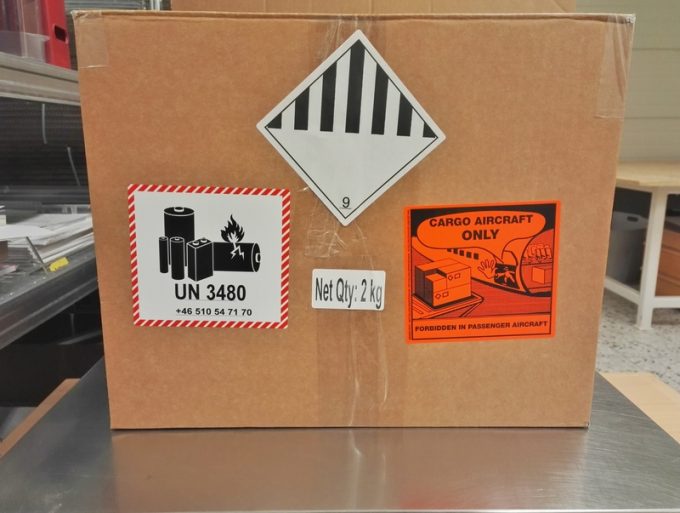Forwarder benefit as air cargo booking platforms look to integrate AI
Digitising air cargo spot-buy rates and integrating artificial intelligence (AI) will enable freight forwarders to ...

Forwarders are claiming that access to real-time rates and bookings for dangerous goods is getting increasingly problematic.
But the cause is supposedly a combination of several factors and not indicative of unfolding trends.
Matthieu Petot, CEO of digital booking platform CargoAI, said currently 2.5% of its digital bookings were for dangerous goods and temperature-controlled shipments.
He said: “We need to acknowledge that there are certain complexities associated with such shipments, such as more stringent handling ...
Asia-USEC shippers to lose 42% capacity in a surge of blanked sailings
USTR fees will lead to 'complete destabilisation' of container shipping alliances
Outlook for container shipping 'more uncertain now than at the onset of Covid'
New USTR port fees threaten shipping and global supply chains, says Cosco
Transpac container service closures mount
DHL Express suspends non-de minimis B2C parcels to US consumers
Zim ordered to pay Samsung $3.7m for 'wrongful' D&D charges
Flexport lawsuit an 'undifferentiated mass of gibberish', claims Freightmate


Comment on this article